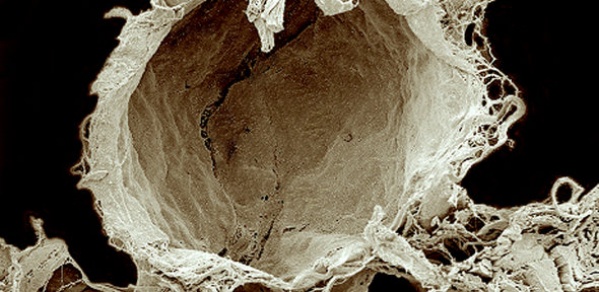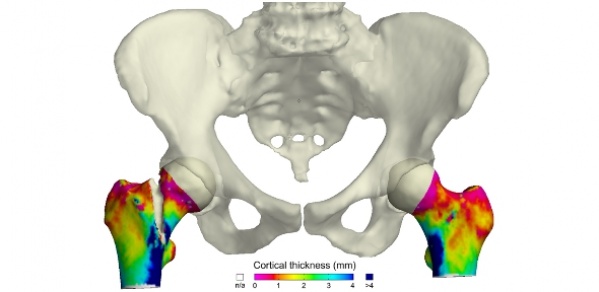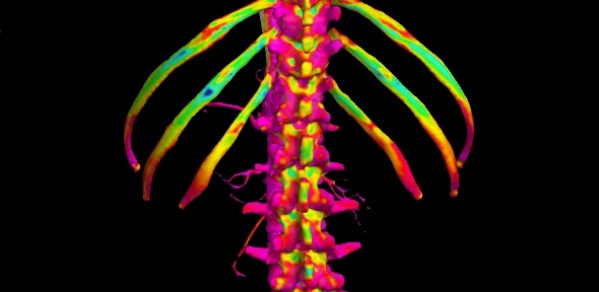Strategic Aim: Applying the engineering approach to understanding biological systems and supporting innovation in healthcare, creating new knowledge and solutions for biological and medical applications, and biologically-inspired solutions elsewhere in engineering.
Challenge
The challenge consists of three closely interconnected strands:
- Biological engineering - The living world has evolved many complex systems to meet nature’s challenges. As well as traditional biological and biochemical approaches, increasingly engineering can provide a contribution to our knowledge. The challenge lies in identifying appropriate modelling and experimental techniques which can further our understanding of biological systems, and then building interdisciplinary teams to apply these methods.
- Biomedical engineering - Engineers and clinicians are united in their ethos of striving to achieve the best practical outcomes in their fields founded on high-quality scientific research and innovation. They are often separated in this aim by the lack of understanding by clinicians of the contribution that engineering can make, and conversely the lack of understanding from engineers of the practical constraints faced by clinicians. The challenge is to break down this barrier so that consistent effective collaboration can improve clinical tools by the application of engineering research, techniques and innovation to the field of clinical medicine.
- Healthcare engineering - The healthcare system is vast, complex and constantly under pressure to use resources more cost-effectively. The range of stakeholders contributing to the sector, and the variety of decision-making mechanisms present in the system, makes it is one of the most challenging subjects for study in design and systems engineering. It is also the one where an engineering approach stands to yield amongst the greatest benefit for society.
Ambition
The ambition is to advance our knowledge and practice in the three focus areas:
- Biological engineering research aims to uncover the physical processing underlying such phenomena as tissue deformation, embryo development, cancer cell mobility and blood coagulation, while neuroscience developments aim to develop new approaches to modelling learning
- The ambition of biomedical engineering research is to work closely with clinicians to develop solutions for medical imaging, repair of biological tissue, and diagnosis and treatment using biosensors and nanomaterials.
- The Healthcare Engineering group seeks to embed a systems engineering culture in the UK Health Service and its suppliers, improving patient safety by becoming a focus of patient safety research in the UK, and developing models of good design practice for healthcare practitioners, providers and suppliers.
The ambition of the Department is to build on these focus areas, so as to establish a strong international reputation in bioengineering research across a wide range of activities in biological engineering, biomedical engineering and healthcare engineering.
New course
Healthcare Innovation: Engineering, Systems and Improvement (part-time - PgCert, PGDip, MSt)
The Department has just launched a part-time PgCert/PGDip/MSt postgraduate qualification in "Healthcare Innovation: Engineering, Systems and Improvement".
The aim of the programme is to provide knowledge and understanding of the healthcare system and the technologies applicable to this sector, giving students the expertise and skills needed to innovate successfully in healthcare.
The course is suitable for those with a background in medicine, engineering, or a related area. Students enrolling on the course qualify successively for a PGCert, PGDip and then MSt over three years.
The website for the course is now live at https://healthcare.eng.cam.ac.uk .




